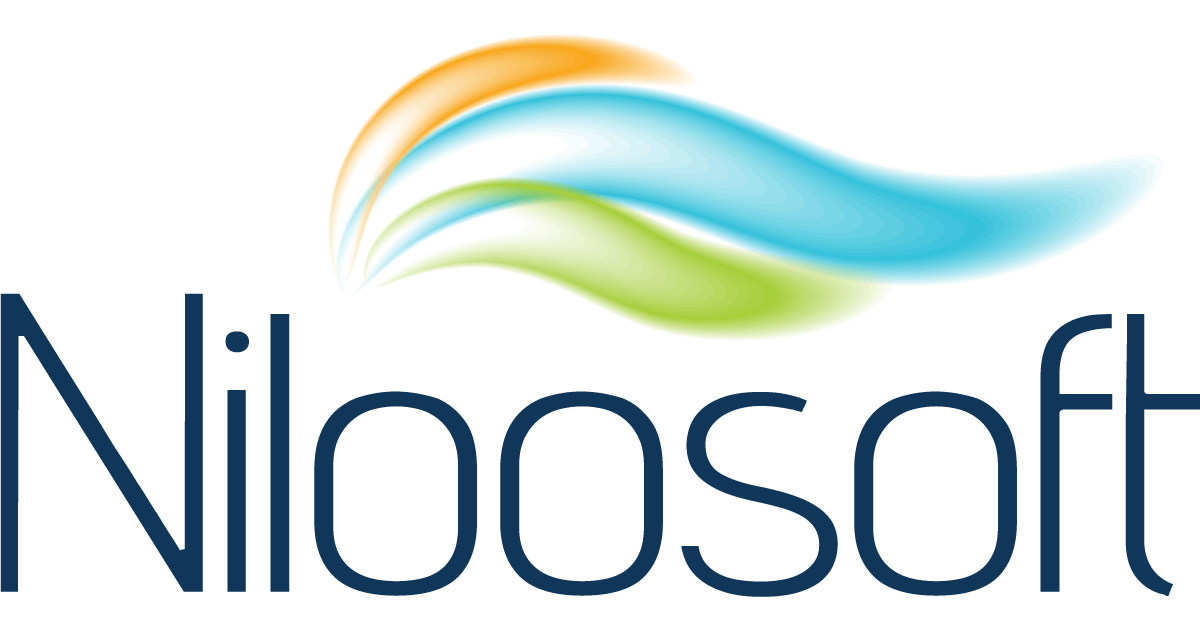Scaling a business rapidly often requires a robust and efficient enterprise recruitment process. Unfortunately, the enterprise recruitment process can quickly become overwhelming because it attracts a high volume of candidates. Identifying and screening the most suitable candidates from the volume of applicants becomes a significant challenge. Further, human resource (HR) teams must ensure a consistent and unbiased recruitment process across different departments and geographical locations. For HR teams to maintain fairness and compliance with diverse regulatory environments, enterprise recruitment procedures and training must be standardized.
These challenges require a balanced approach, leveraging technology while focusing on personalized candidate engagement and robust process management. To navigate these complexities effectively, HR teams must deploy a range of strategic approaches that cater to the unique demands of large-scale recruiting. Here are eight mass recruitment strategies and processes to implement to address your current hiring needs and lay a strong foundation for future growth.
1.Hire A Mass Recruitment Service
Mass Recruitment Services specialize in handling large volumes of applications, utilizing advanced technologies and methodologies to sort and identify the most suitable candidates efficiently. Working with a mass recruitment service saves time and ensures a higher quality of hires by leveraging expertise in targeted sourcing and selection strategies. Additionally, mass recruitment services bring consistency and standardization across various departments and locations, ensuring compliance and fairness in recruitment practices.
2.Deploy Automated Enterprise Recruitment Software
Automated Recruitment Software is designed to handle large volumes of applications, automating tasks like resume screening, candidate ranking, and initial communication. Enterprise recruitment software like HUNTER Edge Enterprise Edition significantly reduces the time and resources required to identify qualified candidates, allowing HR teams to focus on more strategic aspects like candidate engagement and interviews. Furthermore, enterprise recruitment software offers insights through analytics, aiding in informed decision-making.
3.Track Essential Key Performance Indicators (KPIs)
Tracking essential KPIs provides clear insights into the effectiveness and efficiency of the hiring process. Metrics like “Time to Fill”, “Cost Per Hire”, and “Quality of Hire”, offer valuable data on how well your recruitment processes perform. With this information, HR teams identify improvement areas, optimize resource allocation, and make data-driven decisions. By monitoring these KPIs, enterprises can fine-tune their recruitment processes, ensuring they efficiently attract and retain top talent.
4.Write Clear And Concise Job Descriptions
Job description copy directly impacts the quality and relevance of applicants. Well-defined job descriptions ensure that potential candidates clearly understand the role, responsibilities, and expectations. Clarity attracts more suitable applicants, reducing the time spent sifting through unqualified candidates. Further, clear job descriptions set the right expectations from the outset, leading to higher job satisfaction and lower turnover rates.
5.Develop Efficient Screening Processes
Efficient screening processes allow for quickly identifying top candidates from a large pool of applicants. Enterprises can swiftly and accurately filter candidates by implementing AI-driven resume analysis, aptitude tests, and structured interviews. Efficient screening processes speed up and enhance the quality of the hiring process, ensuring that only the most suitable candidates advance to the following stages. Efficient screening also minimizes the time and resources spent on less promising applicants, allowing HR teams to focus on engaging with potential top performers.
6.Structure And Standardize Interview Processes
Structuring and standardizing interview processes ensures consistency and fairness in candidate evaluation. By developing a set of uniform interview questions and criteria applied across all candidates, HR teams can objectively assess their skills and fit for the role. Standardization also minimizes biases, fostering a more diverse and inclusive workforce. For large-scale organizations, this uniformity in interviews is crucial for maintaining quality standards and culture uniformity across various departments and locations.
7.Implement Employee Referral Programs
Implementing employee referral programs significantly boosts enterprise recruiting by tapping into existing employees’ networks. Referral programs incentivize staff to recommend qualified candidates, often leading to faster and more reliable hires. Referrals typically bring in candidates who are a better cultural and operational fit, as they come with a firsthand endorsement from current employees. Employee referral programs accelerate the hiring process and result in higher employee retention rates, given the pre-existing connections and insights into the company culture.
8.Continuously Improve Processes
HR teams can meet changing market dynamics and candidate behaviors by regularly evaluating and refining recruitment strategies and performance data, gathering feedback, and implementing best practices to enhance every stage of the hiring process. Continuous process improvement leads to more efficient operations, higher-quality hires, and a better candidate experience, ensuring that the recruitment process remains aligned with the company’s evolving needs and goals.
By implementing these eight enterprise recruitment processes, HR teams can overcome the challenges of high-volume recruitment, ensuring the acquisition of quality talent that aligns with their organizational goals. Embracing solutions like mass recruitment services, deploying enterprise recruitment software like HUNTER Edge Enterprise Edition, and developing efficient processes will revolutionize your hiring process. Explore HUNTER Edge Enterprise Edition for a more effective and efficient enterprise recruitment process.


